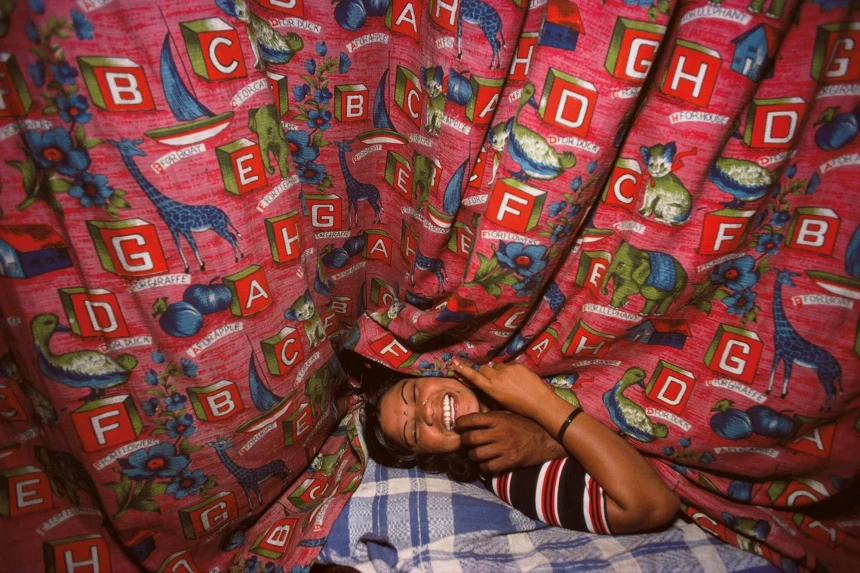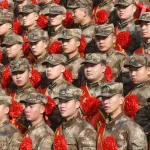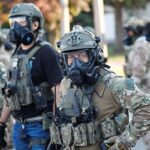The late American photographer was renowned for her ability to make subjects feel comfortable, but initially she had trouble making friends in the infamous red-light district on the outskirts of Mumbai society. She subsequently noted in the foreword to her 1981 book “Falkland Road, Prostitutes of Bombay” that “for ten years I tried to take photographs on Falkland Road and each time (I was) met with hostility and aggression” (Bombay being the name the British gave Mumbai before its name change in 1995). She described her early visits to the most populated city in India in the late 1960s. “The women pinched me and flung water and trash. Men would assemble in droves around me. My address book was once taken by a pickpocket; another time.

A reprint of the book with over 70 of Mark’s photos was widely praised for bringing attention to the predicament of sex workers, many of whom were forced into prostitution by pimps and madams and were physically and mentally ill. The book was “meant almost as a metaphor for entrapment, for how difficult it is to be a woman,” she said in an interview with the New York Times magazine in 1987. President of the Mary Ellen Mark Foundation, Meredith Lue, told me via video conference that the photographer, who had a difficult upbringing, gravitated toward and connected with those who were vulnerable. “These are typically small communities of people, mostly young people or women who have kind of fallen behind or not given much thought.”







